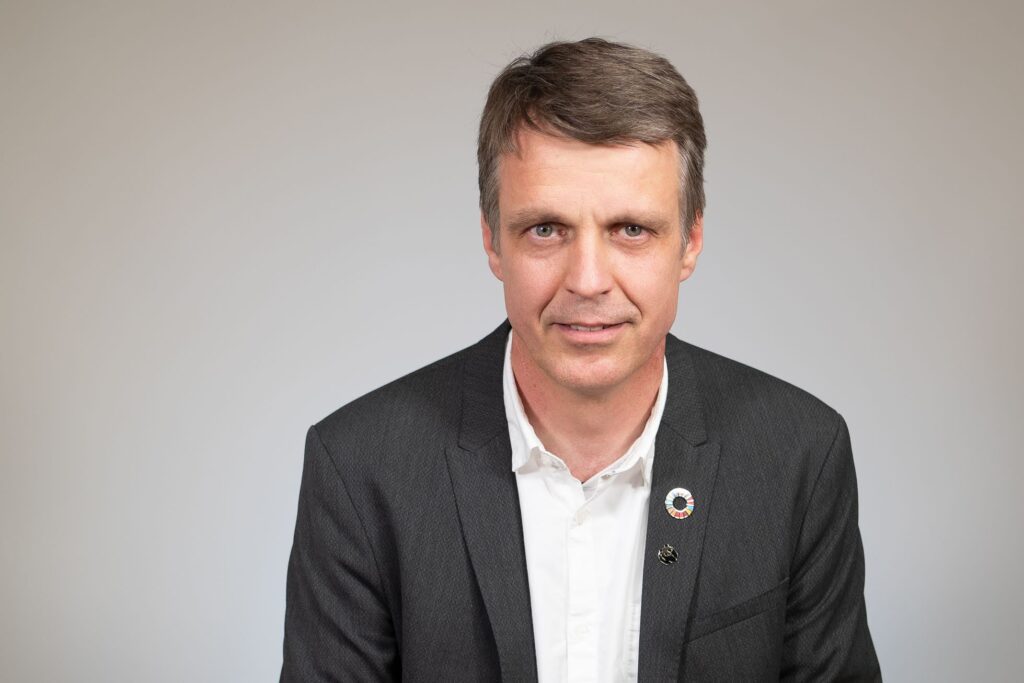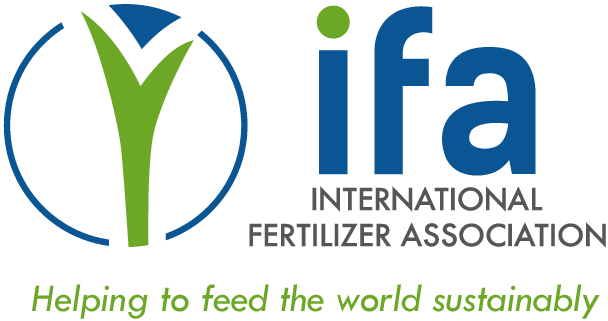Dr Rolf Sommer
On how climate change may affect the tropics, the state of the world’s soils and the biggest agricultural developments by 2030.
As part of the IFA2030 fertilizer industry strategic review exercise, IFA has conducted a series of interviews with leading plant nutrition academics and industry experts about how they see the future for farming and fertilizers.

IFA: How do you see climate change affecting farming in tropical areas over the next 12 years?
Dr. Rolf Sommer: Even though the tropics may not be hit as hard as semi-arid and arid regions, farmers will nevertheless have to become smart(er) to cope with climate change. As rains become more erratic – with short torrential rainfalls on the one hand, and unforeseeable in-season dry-spells on the other hand – reliable short-term weather forecasts will have to play an important role, with easy access by farmers to these type of support systems. Crop weather insurance will also have to become mainstream to secure farmers against yield failures due to climate change impacts. Farmers will also have to diversify to spread and
IFA: What do you think the state of the world’s soils (and its ability to sequester carbon) could be by 2030?
Dr. Rolf Sommer: Soils could become a significant sink of carbon. We did some calculations and concluded that a realistic mitigation potential could be very approximately about 5% of total man made emissions. But climate change mitigation through soil carbon sequestration should not be our primary goal. Upland soils rich in carbon, bound in organic matter, are usually also much more productive. Food security and resilience to climate change and extreme weather events is the more important goal for making and keeping our soils healthy.
IFA: How do you see changes in soil health affecting the fertilizer industry over the next 12 years?
Dr. Rolf Sommer: It appears to me that the fertilizer industry is somewhat rethinking strategies these days. Soil health, which includes soil biology aspects and indicators, cannot be maintained by the application of mineral fertilizer alone. It seems that the fertilizer industry will have to embrace a wider concept in which supplements and management practices that increase soil health play a bigger role. Mineral fertilizer still has its role to play – nothing comes from nothing – but it is the right mix of organic and mineral inputs in combination with the best soil management practices that does the trick.
IFA: What do you think could be some of the biggest developments in agriculture by 2030?
Dr. Rolf Sommer: Three things come to my mind: a) Complex, diverse and highly integrated cropping systems could be mainstream. By this I mean systems in which crops are intelligently intercropped or relay-cropped, rotations are set up in a way to minimize the obvious negative effects of continuous mono-cropping, and agroforestry, where suitable (e.g. the entire tropics), also plays a bigger role. b) There could be major breakthroughs in biotechnology, towards identifying drought-tolerance, nutrient use efficiency and disease resistance mechanisms at the gene level, with the ability to select for highly efficient cultivars in this regard. c) The mainstream use of proximal (precision ag) and remote sensing technologies to optimize input use, integrated pest management etc. (The sky is the limit.)
About Dr. Rolf Sommer
Dr. Rolf Sommer joined the International Center for Tropical Agriculture, CIAT, in 2013. He works in the field of soil health/fertility, soil nutrition and crop modeling, and is CIAT’s CCAFS focal point for soil related research under CRP7. His past research activities comprise the assessment of soil fertility under Conservation Agriculture, the impact of climate change on wheat productivity in Central Asia and Syria, the assessment of the water, nutrient and salt dynamics of agro-ecosystems in the tropics as well as dry areas, aided by simulation modeling.

